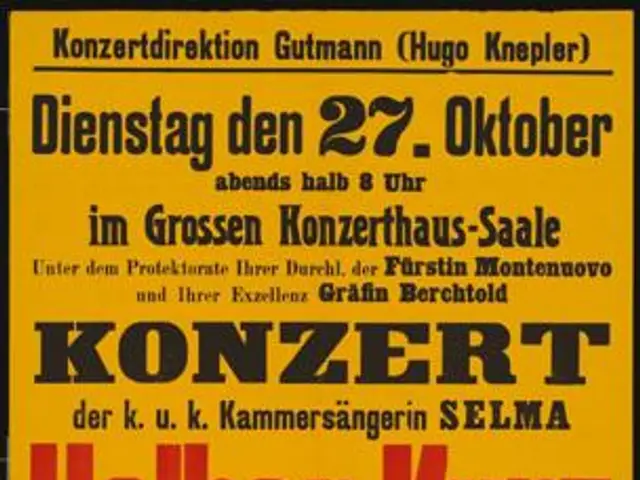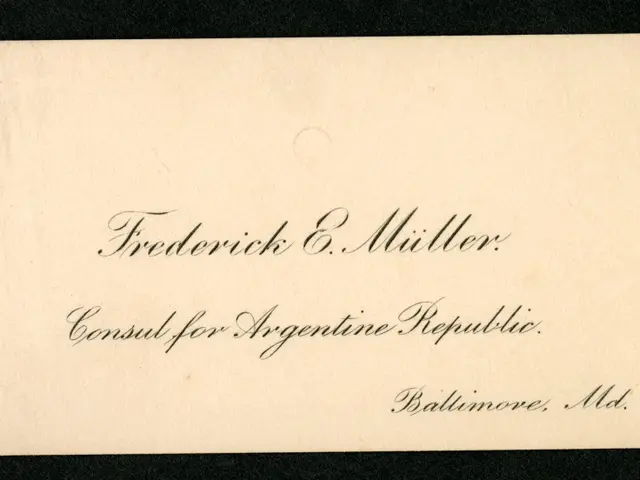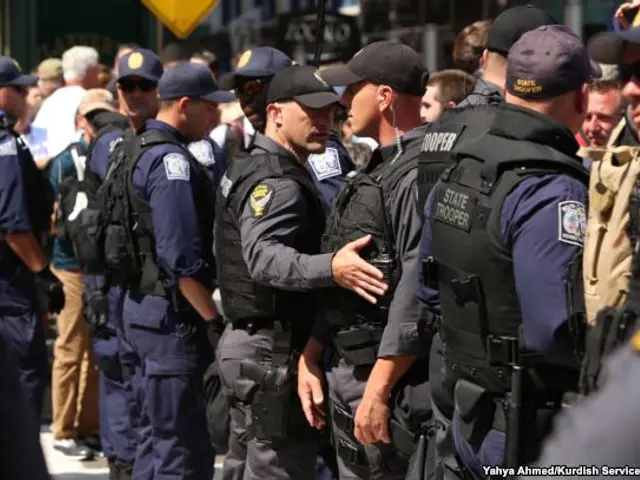Delhi Government's Petition Challenges Age-Based Vehicle Ban in Delhi-NCR
Supreme Court Imposes Temporary Halt on Age-Related Vehicle Restrictions in Delhi
The Supreme Court of India is currently considering a review petition filed by the Government of Delhi, aiming to overturn the age-based ban on older vehicles in the Delhi-NCR region. The petition argues that the ban, which prohibits diesel vehicles over 10 years and petrol vehicles over 15 years from operating, should be replaced with a more nuanced, emission-based framework.
Emissions vs. Age
At the heart of the Delhi government's argument is the contention that emissions, not vehicle age, should be the determining factor for regulatory enforcement. Many older vehicles, although not of the latest manufacture, are well-maintained, have valid Pollution Under Control (PUC) certificates, and emit significantly fewer pollutants than required by older emission standards like BS-IV.
Impact on Middle-Class Citizens
The blanket age-based ban disproportionately affects middle-class vehicle owners who rely on these vehicles for limited but essential transport needs. The government suggests that a more nuanced, emission-based framework would be fairer and more effective.
Scientific Study and Technological Advancements
The Delhi government has requested a comprehensive scientific study to assess the real-world impact of older vehicles on air quality. This study would evaluate whether the age-based ban contributes meaningfully to air quality improvement and compare it with targeted emission-based measures. The introduction of Bharat Stage VI (BS-VI) emission standards in April 2020 highlights advancements in emissions technology, and the government argues that many well-maintained older vehicles compliant with newer standards should not be subject to a blanket ban solely based on age.
Supreme Court's Interim Order
In response to the petition, the Supreme Court issued an interim order directing that no coercive action be taken against owners of End-of-Life Vehicles (ELVs) until the next court sitting. This order provides immediate relief to affected vehicle owners in Delhi-NCR, alleviating legal and financial burdens and allowing them to continue using their vehicles without fear of penalty until the court makes a final decision.
The case may prompt a new paradigm on environmental policy, balancing human health, environmental imperatives, and citizen rights. The Supreme Court's ruling has sparked hope and pandemonium among citizens and politicians in the Delhi-NCR area. The Delhi Environment Minister, Manjinder Singh Sirsa, called the order a "big relief" for the affected population.
For now, vehicle owners in Delhi-NCR can continue civilian use of their older vehicles without worrying about being penalized or denied fuel for now. The Supreme Court has issued a four-week interim order halting coercive steps against owners of diesel and petrol vehicles beyond the age thresholds listed in the first set of interim orders. The continuance of coercive action against older vehicles has been put on hold for at least four weeks.
Older vehicles, despite not being of current manufacture, are still emitting significantly lower levels than BS-IV compliant standards, according to the Solicitor General. The Supreme Court's ruling is aimed at providing relief to owners of older vehicles in the Delhi-NCR area. The interim order by the Supreme Court has the potential to revolutionize how the country perceives vehicular pollution in Delhi-NCR.
[1] Emissions Standards in India
[2] Delhi Government Files Review Petition Against Age-Based Vehicle Ban
[3] Delhi Government Seeks Scientific Study on Impact of Older Vehicles on Air Quality
[4] Supreme Court Grants Four-Week Relief to Owners of Older Diesel and Petrol Vehicles in Delhi-NCR
[5] Bharat Stage VI (BS-VI) Emission Standards in India
Read also:
- Amidst India's escalating climate crisis, transgender individuals continue to persevere
- Germany's three-month tenure under Merz's administration feels significantly extended
- Governing body allegedly persists in enjoying vacation time amidst Spain's highest danger level due to fires, claims Feijóo
- United Nations Human Rights Evaluation, Session 45: United Kingdom's Statement Regarding Mauritius' Human Rights Record








